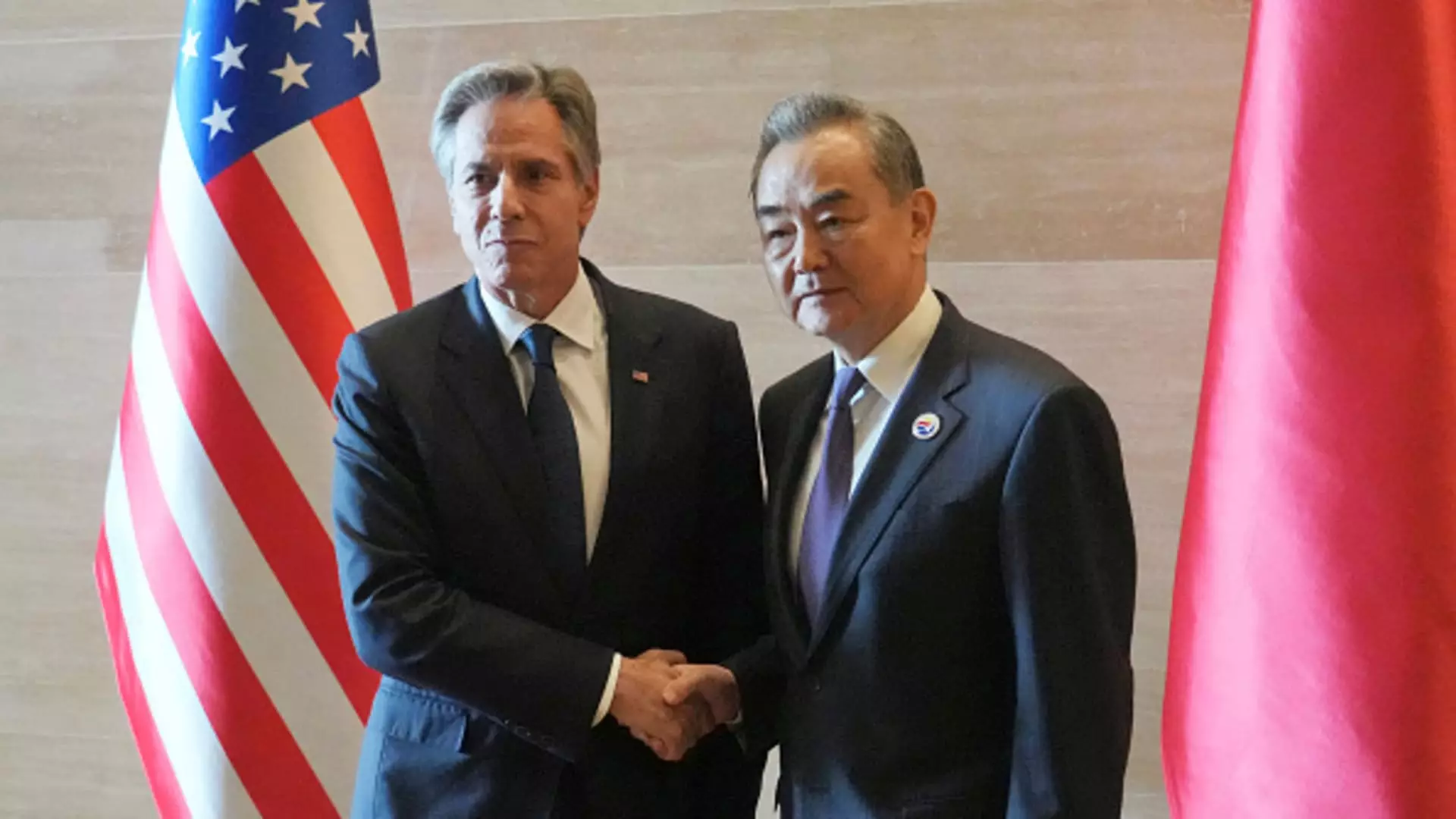The recent summit on the South China Sea saw U.S. Secretary of State Antony Blinken criticizing Beijing for its “escalating and unlawful actions” in the region. Blinken specifically called out China for its coast guard’s hostile actions against U.S. defense treaty ally the Philippines. The tensions in the South China Sea have been a point of concern for many countries, especially with the risk of U.S. intervention looming.
On the other hand, Russian Foreign Minister Sergei Lavrov expressed anxiety over Washington’s plan for a nuclear deterrence with ally Seoul for the Korean peninsula. Lavrov stated that the guidelines regarding the operation of U.S. nuclear assets in the region were adding to regional security concerns. This shows how the dynamics of global power play a significant role in shaping the relationships between nations.
The summit also addressed the conflicts in Gaza, with U.S. efforts focused on achieving a ceasefire and enduring peace in the region. Indonesian Foreign Minister Retno Marsudi emphasized the urgent need for sustainable peace, highlighting the dire humanitarian situation in Gaza. The international community’s response to conflicts in the Middle East reflects the challenges of maintaining peace in the face of ongoing violence.
Australian Foreign Minister Penny Wong called on Myanmar’s military rulers to end the intensifying civil war in the country. The conflict, pitting Myanmar’s military against ethnic minority rebel groups and an armed resistance movement, has caused significant instability and suffering. ASEAN’s peace plan for Myanmar has faced obstacles, with all sides refusing to enter into dialogue. The struggle for peace in Myanmar highlights the complexities of resolving internal conflicts through diplomatic means.
ASEAN issued a communique emphasizing unity behind its peace plan and condemning violence against civilians. The regional bloc called for all stakeholders to halt actions that could escalate disputes in the South China Sea. The push for peace and stability in Southeast Asia underscores the importance of diplomatic efforts in resolving conflicts and preventing further escalation.
The South China Sea summit and its discussions on various regional conflicts shed light on the challenges of maintaining peace and stability in a geopolitically volatile world. The tensions between major powers like the U.S., China, and Russia, as well as the internal conflicts in places like Myanmar and Gaza, showcase the complexities of international relations and the need for diplomatic solutions to prevent further escalation. The outcomes of such summits and dialogues will have a lasting impact on the security and prosperity of the regions involved, highlighting the importance of cooperation and conflict resolution in the modern world.


Leave a Reply